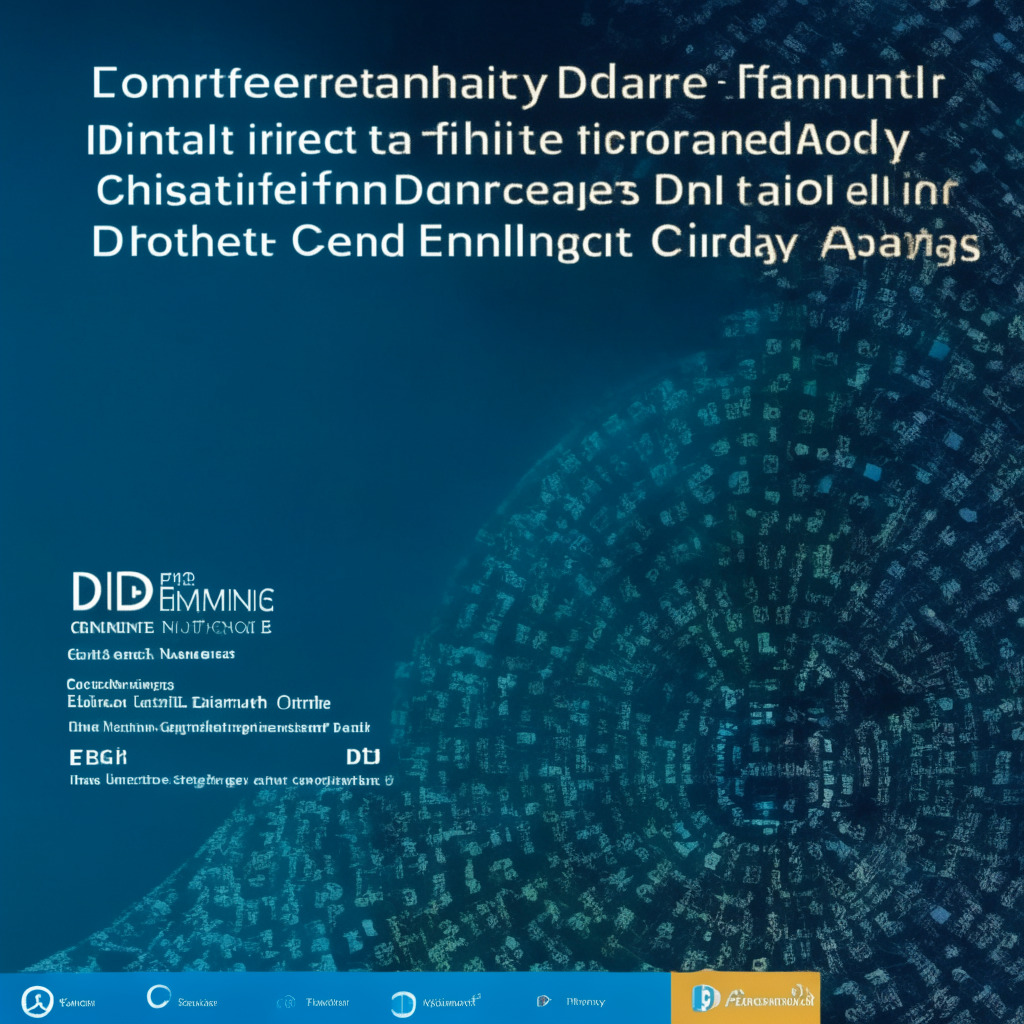South Korea is paving the way toward a more transparent relationship between cryptocurrency and government regulations. New draft rules have emerged, under which firms owning or issuing cryptocurrency must disclose their holdings in their financial statements starting in 2024. This includes not only the quantity but also the characteristics, business models, and accounting policies regarding the sale of the virtual assets. In addition, mandatory disclosure on profits, volume and market value of the firm’s cryptocurrency will be a part of future regulatory requirements.
The Financial Services Commission (FSC) has made it clear that this move aims to enhance accounting transparency. This follows closely on the heels of the Virtual Asset User Protection Act, passed on June 30, which was another step in this direction.
Previously, nuances in the interpretation of regulations led to variations of standards among companies and auditors on the question of crypto sales and their status as profits. This will no longer be a source of discrepancy as the proposed rules set a clear-cut stipulation: once a company fulfills its obligations to its cryptocurrency holders, sales of such assets will be recognized as profit.
However, everything is not as clear-cut as it seems. There are issues which might stir some debate amongst the stakeholders. For example, costs incurred in developing virtual assets and the platforms they operate on, according to the FSC, will not be recognized as intangible assets. This might affect companies that are heavily invested in research and development.
Over the last year, uncertainties in accounting practices related to cryptocurrencies have spurred a lot of discussion among domestic accounting experts. These discussions have engaged significant bodies like the FSC, the Financial Supervisory Service, and the Accounting Standards Board. Audit procedure guidelines are currently being prepared as a way forward.
As South Korea strides ahead with these policies, the rest of the world watches closely. Its decisions could have profound implications on how cryptocurrencies and regulators coexist. While these draft rules promise transparency and standardized operation, they also raise questions about the challenges that may arise, especially for firms heavily reliant on crypto technology and market. With all these elements put to motion, it remains to be seen where they will lead the world of cryptocurrency.
Source: Coindesk




